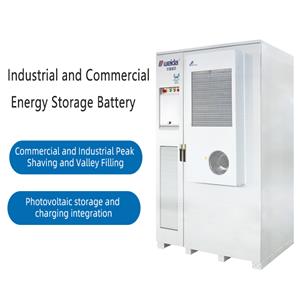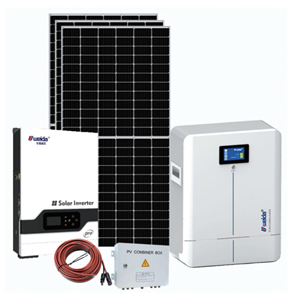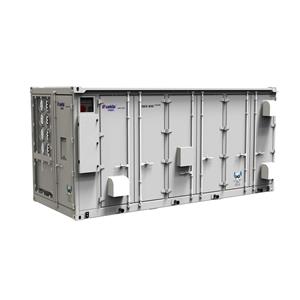Why are solar home energy storage systems becoming more and more popular?
Focus on high-end intelligent whole-house photovoltaic energy storage system solutions for villas
Solar home energy storage stores electrical energy locally for home users for later use. In layman's terms, a home energy storage system mainly stores the electricity generated by solar panels in batteries, making it convenient for families to use it at any time.
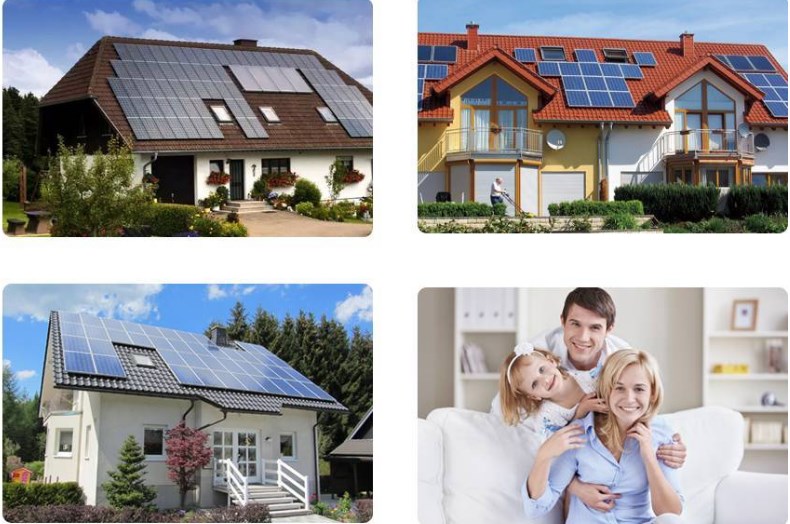
Home energy storage systems are similar to micro energy storage power stations, and their operation is not affected by city power supply pressure. During low power consumption times, the battery pack in a home energy storage system can recharge itself for use during standby power peaks or power outages. In addition to being used as an emergency power source, since the home energy storage system can balance the power load, it can save household electricity costs to a certain extent.
From a macro perspective, the market demand for home energy storage systems is not only due to the public's demand for emergency backup power. Industry insiders believe that the use of home photovoltaic energy storage systems can combine solar energy with other new energy power generation systems to build smart grids. It has broad prospects in the future.
Home energy storage systems are an important component of distributed energy resources (DRE) and an important part of the low-carbon era.
At present, the installed capacity of centralized fluctuating renewable energy continues to grow, and the demand for electricity increases, giving rise to problems such as power shortages, low power quality, and high electricity prices. Distributed Energy Resources (DER) are close to electricity consumption locations such as homes or businesses, providing alternatives or enhancements to traditional power grids.
Home energy storage is an important part of distributed energy resources. Compared with the construction of centralized power plants and high-voltage transmission and distribution lines, distributed energy resources can achieve lower costs, improve service reliability, improve power quality, improve energy efficiency and energy independence, while providing significant environmental benefits.
In the current situation of tight energy supply and rising raw material prices, solar home energy storage systems are undoubtedly the first to break through, and will gradually become a necessity in the low-carbon economy era.
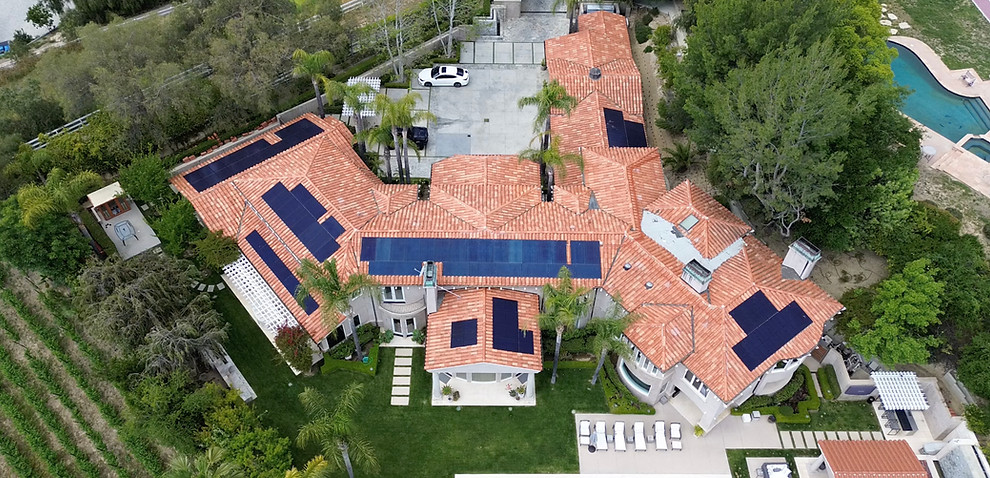
Solar home energy storage systems are becoming more and more popular for several reasons:
Power supply reliability: Solar home energy storage systems can provide uninterrupted power supply to homes, even during power outages. This is especially important for families with elderly people, children or people with disabilities.
Lower your electricity bills: Solar home energy storage systems can use renewable energy to generate electricity, lowering your electricity bills. According to the U.S. Energy Information Administration, the number of U.S. households installing solar home energy storage systems will increase by 50% year-on-year in 2023. This shows that more and more households are beginning to realize the advantages of solar home energy storage.
Reduce carbon emissions: Solar home energy storage systems are a type of renewable energy that can reduce carbon emissions and protect the environment.
In addition, with the continuous development of renewable energy technology, the price of solar home energy storage systems will be further reduced, which will promote the installation of solar home energy storage systems in more households. In addition, as the stability of the power grid becomes increasingly unstable and power outages become more frequent, the demand for solar home energy storage will also increase.
Why has home-based energy storage become the electricity choice for more and more villa users?
Home photovoltaic energy storage system consists of photovoltaic off-grid system, energy storage inverter, battery and load. For villa families, a 5kW photovoltaic energy storage system can fully meet daily electricity consumption.
During the day when there is sunshine, the photovoltaic panels on the roof can provide all the electricity needs of the villa family and at the same time power new energy vehicles. When these basic applications are satisfied, the remaining power will enter the energy storage battery to prepare for night energy needs and cloudy weather, ensuring the effective operation of the entire home energy storage system.
If there is a sudden power outage, the home energy storage system can maintain the continuity of power supply and the response time is extremely short. The home energy storage system makes solar panel power generation more reliable and avoids the disadvantage of being unable to generate electricity on rainy days. It is undoubtedly an excellent choice for backup power supply for villas.
For villa families, home photovoltaic energy storage systems have the following advantages:
Can meet daily electricity needs: During the day when there is light, the photovoltaic panels on the roof can provide all the electricity needs of the villa family and at the same time power new energy vehicles.
Can be used as a backup power source: In the event of a sudden power outage, the home energy storage system can maintain the continuity of power supply and has extremely short response time.
Can improve electricity efficiency: Home-based photovoltaic energy storage systems can convert the intermittency of solar power generation into continuity and improve electricity efficiency.
All in all, solar home energy storage systems are the future trend of home energy. As renewable energy technologies continue to develop and grid stability issues become more prominent, the demand for home energy storage will grow.
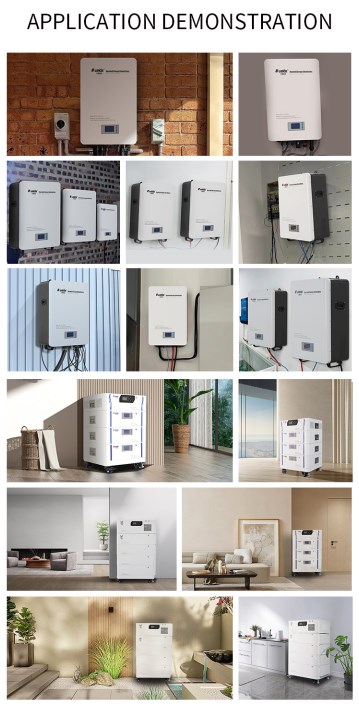
Affected by the world's energy crisis, home storage systems are becoming more and more common, accepted and loved by everyone, and are the pioneers in implementing sustainable development.

